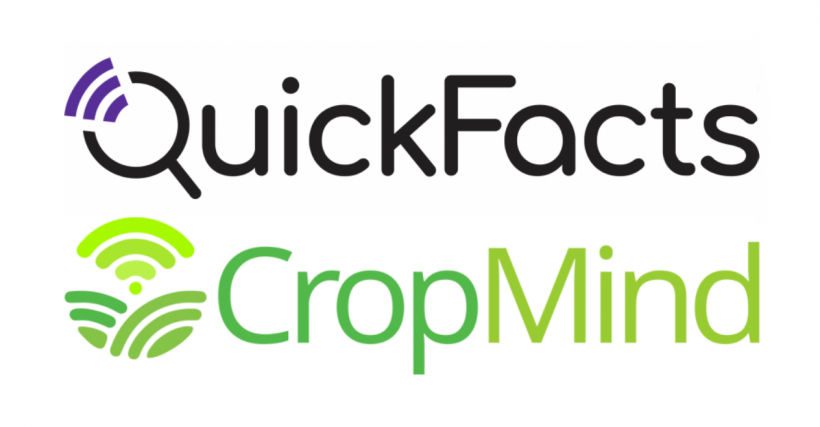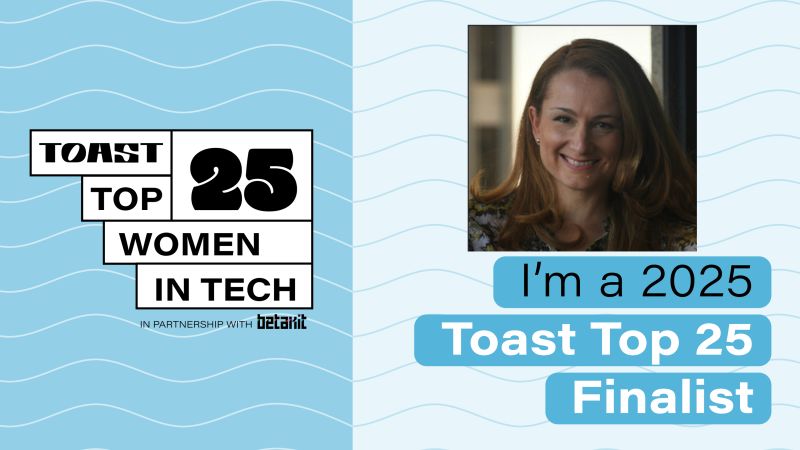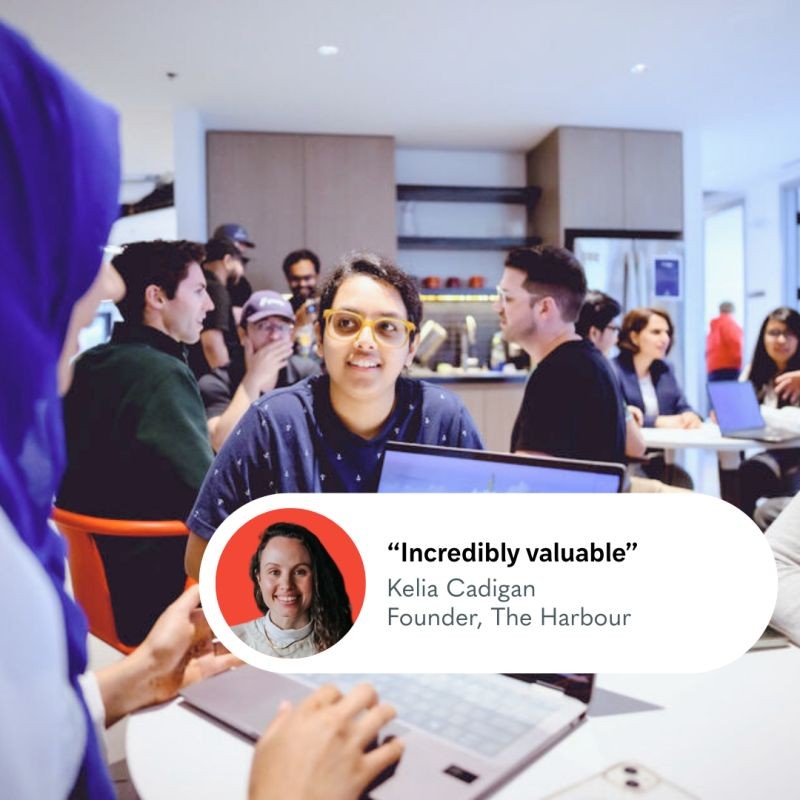Schools have a new tool to help them handle the pandemic now that Eyeread has named interactive novel Ready R Naught the winner of a contest to create School Covid Care Packages.
In a collaboration with NSCAD University, Eyeread, a digital literacy company, asked teams of NSCAD students to develop digital care packages that would help children aged 11 to 13 understand and feel part of limiting the spread of the virus. Nine teams of design students participated and made swift progress.
“We set out in September to solve the problems kids are facing through COVID, including declining physical activity, increased mental illness and isolation and just a general uncertainty about what COVID is and how they should change their behaviour to be safe,” Julia Rivard Dexter, Co-Founder and CEO of Eyeread, which does business under the name of its flagship product Squiggle Park, told Entrevestor.
The winning solution is an interactive novel that shows cartoon kids dealing with difficult situations that arise around Covid-19. For example, one youngster has to navigate making friends in a new school when he has trouble communicating from behind a face mask.
Dartmouth-based Eyeread plans to distribute the interactive novel to the thousands of teachers using their platform, which links literacy learning with curricula through onine games.
Jennifer Bliss, one of the semi-finalists who presented in the digital finals, said a student had told her that, “School feels like jail.”
Schoolchildren are being asked to abide by social distancing rules, including not seeing friends in other classes. The rules have left many kids feeling a lot of frustration. They suffer sadness and anxiety if they are forced to obey rules rather than made to feel a partner in the pandemic response, Bliss said.
Bliss’s team created signs for key areas in schools, such as classrooms, washrooms, and hallways. The team devised fun characters who learn how to behave during the pandemic. Ralph the Raccoon’s paws get so sticky, he dirties his friends’ pencils and learns the importance of washing and not sharing tools.
A third team created a game in which children care for a digital pet. Focusing on the physical and mental needs of cartoon ‘kumis’ teaches kids to care for themselves. Kids can also express how they themselves are feeling to their teachers, allowing staff to identify students most at risk of poor mental health.
Ready R Naught team leader Matthew Beck emphasized that the contest was research-driven, requiring the teams to find fun and engaging ways to teach children about COVID-19. Judges included experts in both education and game development. Rivard Dexter said the collaboration between Eyeread and NSCAD shows the power of industry and higher education working together, and that much of Eyeread’s own early success was built on collaborations with universities.
“The original reading program grew out of a partnership with Dalhousie University and more recently has been evolving through partnerships with researchers here in Halifax, at UBC and University of Alberta,” she said. “We see these partnerships as essential to making sure we continue to lead the market with trusted and effective research-based tech.”










